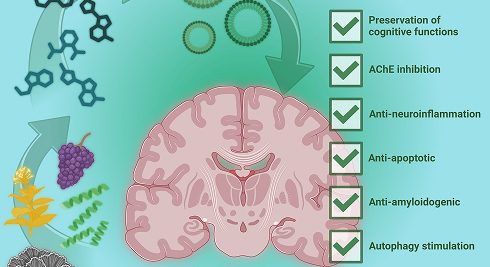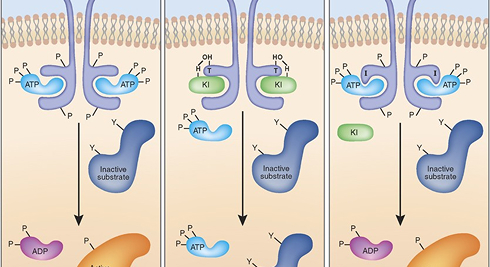
Marine natural products have gained significant momentum due to the vast biodiversity of marine organisms, which produce a variety of bioactive compounds with potential therapeutic applications including antibacterial, antiviral, anticancer, and anti-inflammatory effects. Surpassing the synthetic libraries, marine natural products are noted for their unique molecular scaffolds. They have distinctive mechanisms of action that can target specific biological pathways potentially improving their safety profiles. At CD3, we work on characterization of marine-derived compounds from various sources, understanding their chemistry, exploring their therapeutic applications followed by underlying mechanisms of action specifically in cancer and neurodegenerative disorders. We use in silico, in vitro and omics approaches in order to accelerate this search of lead molecules and their further development into drugs.




